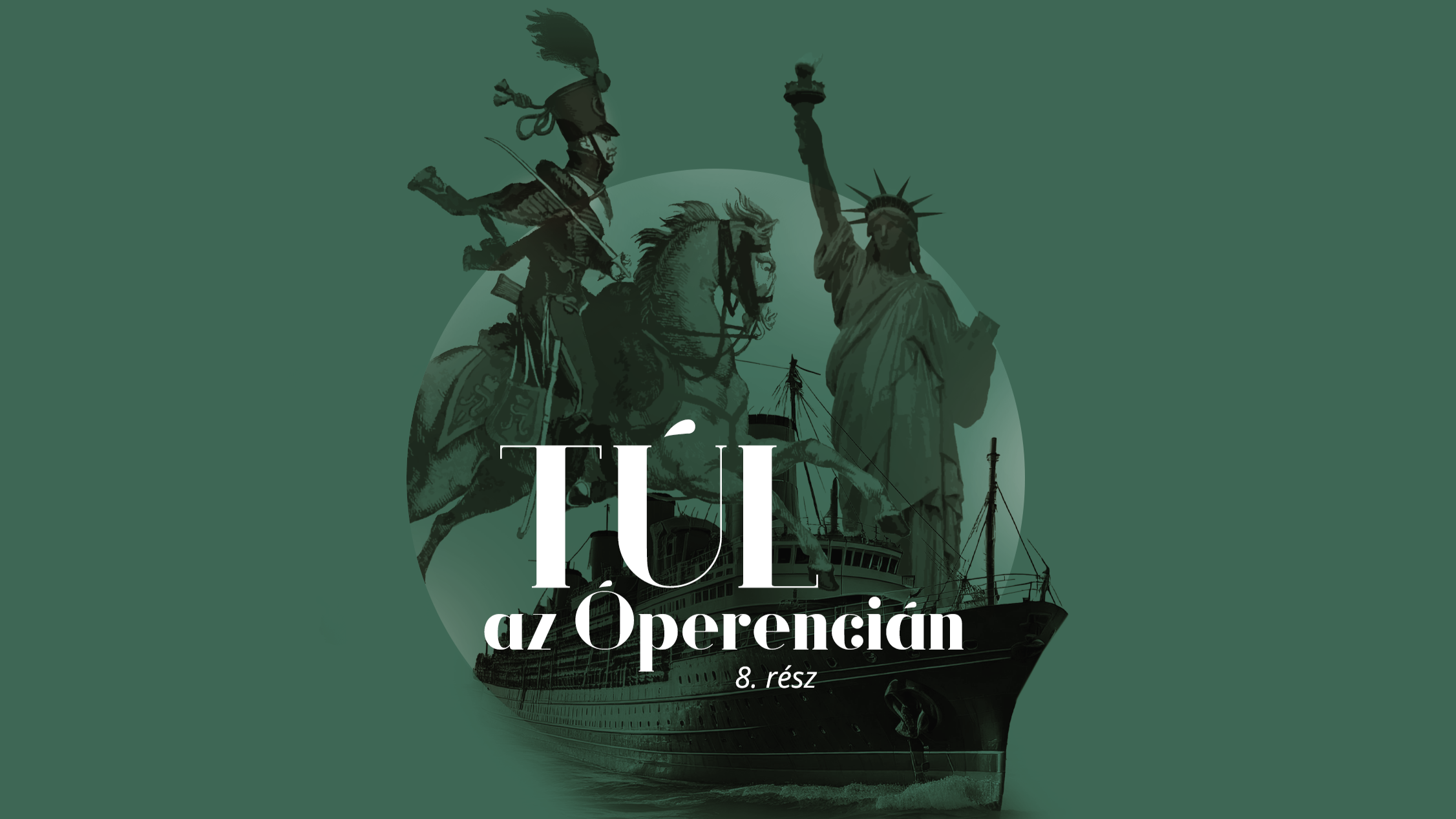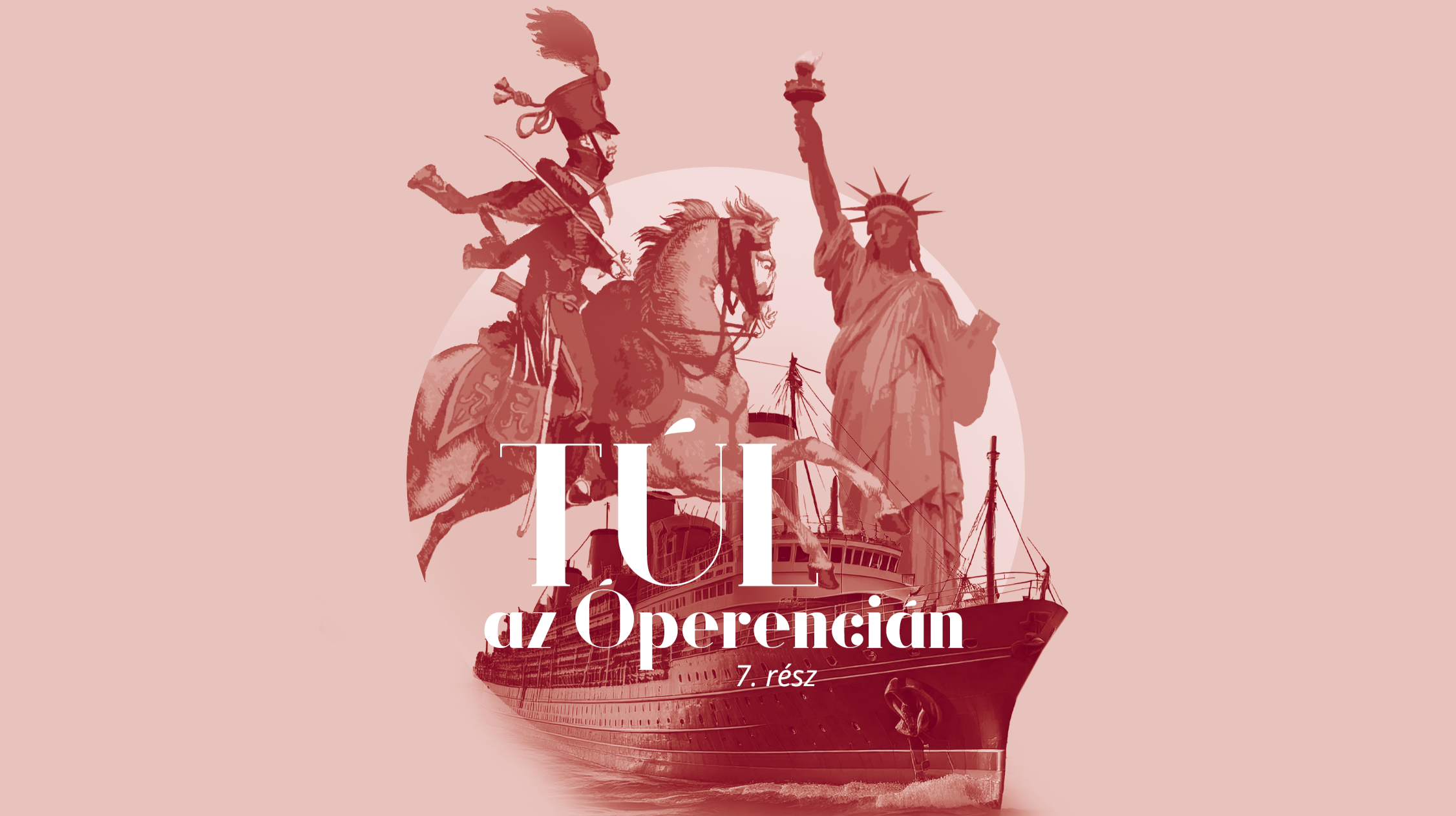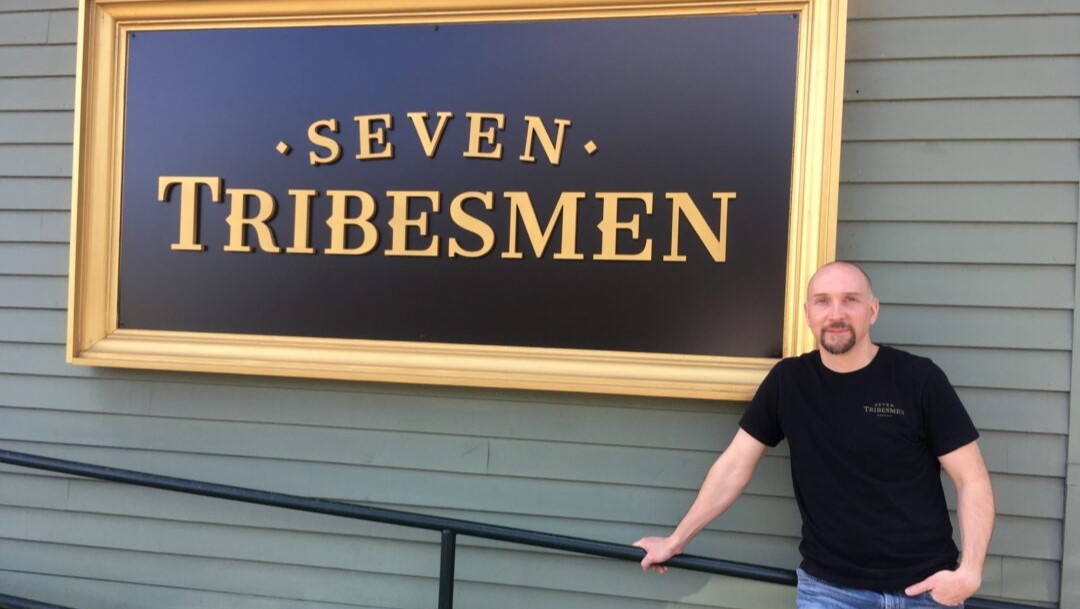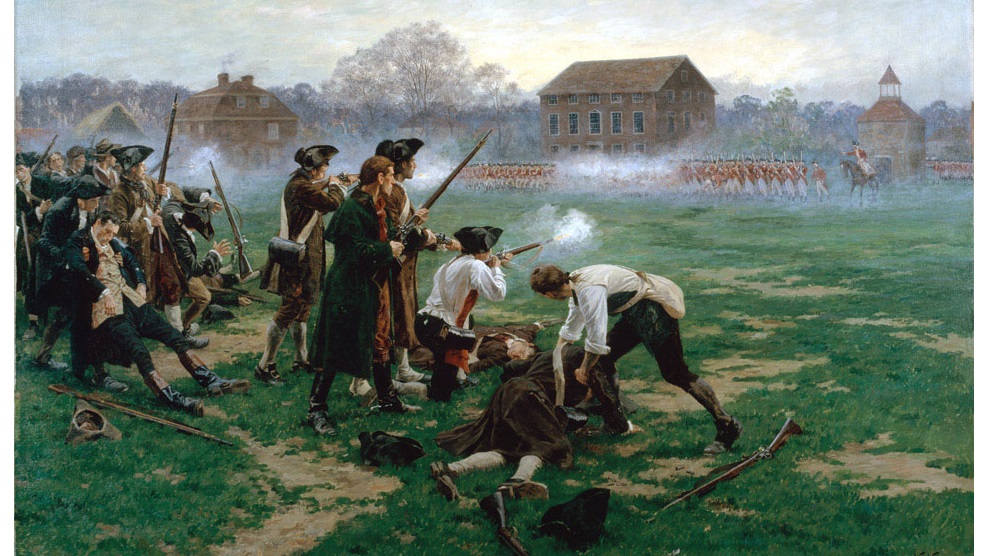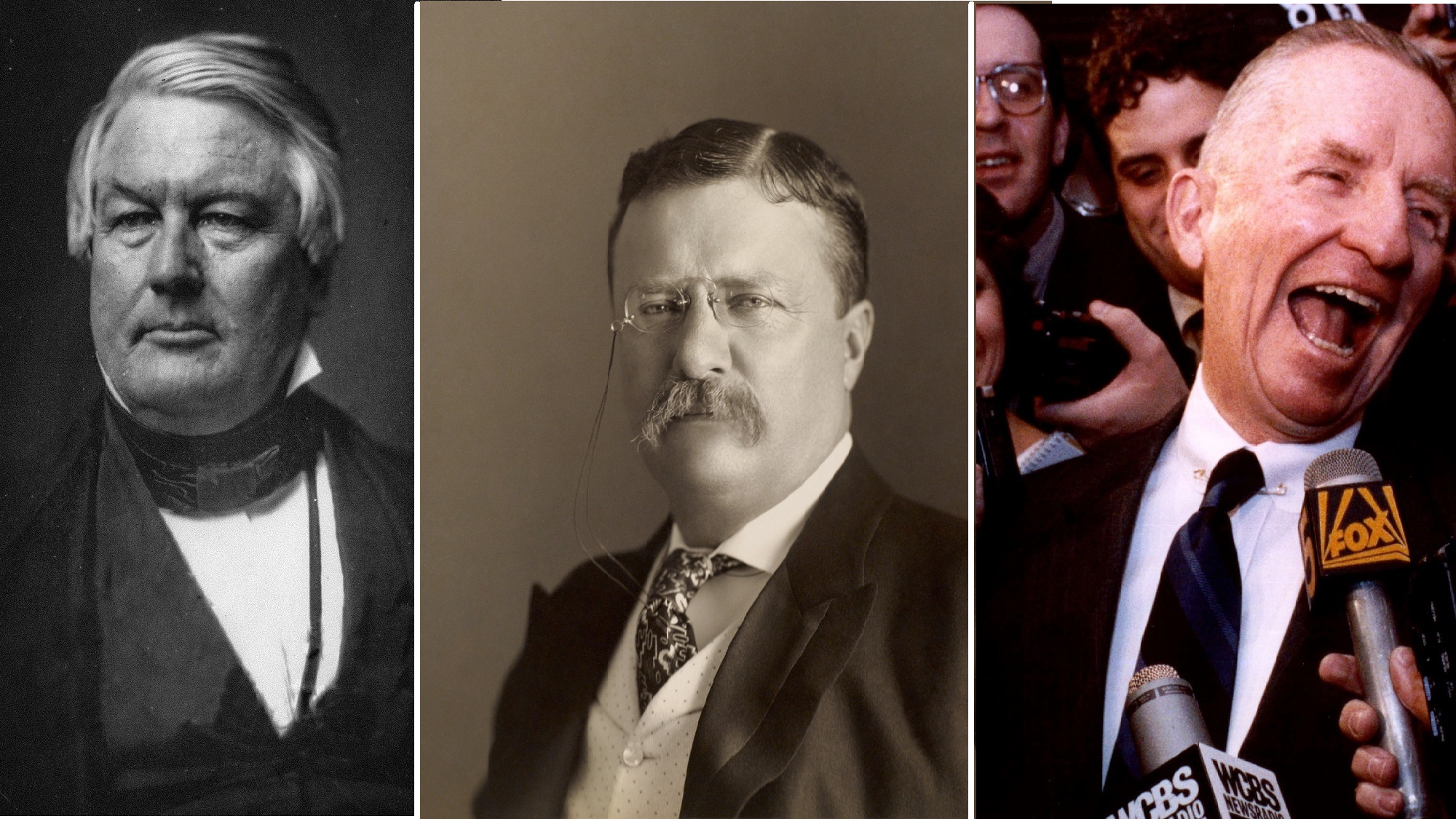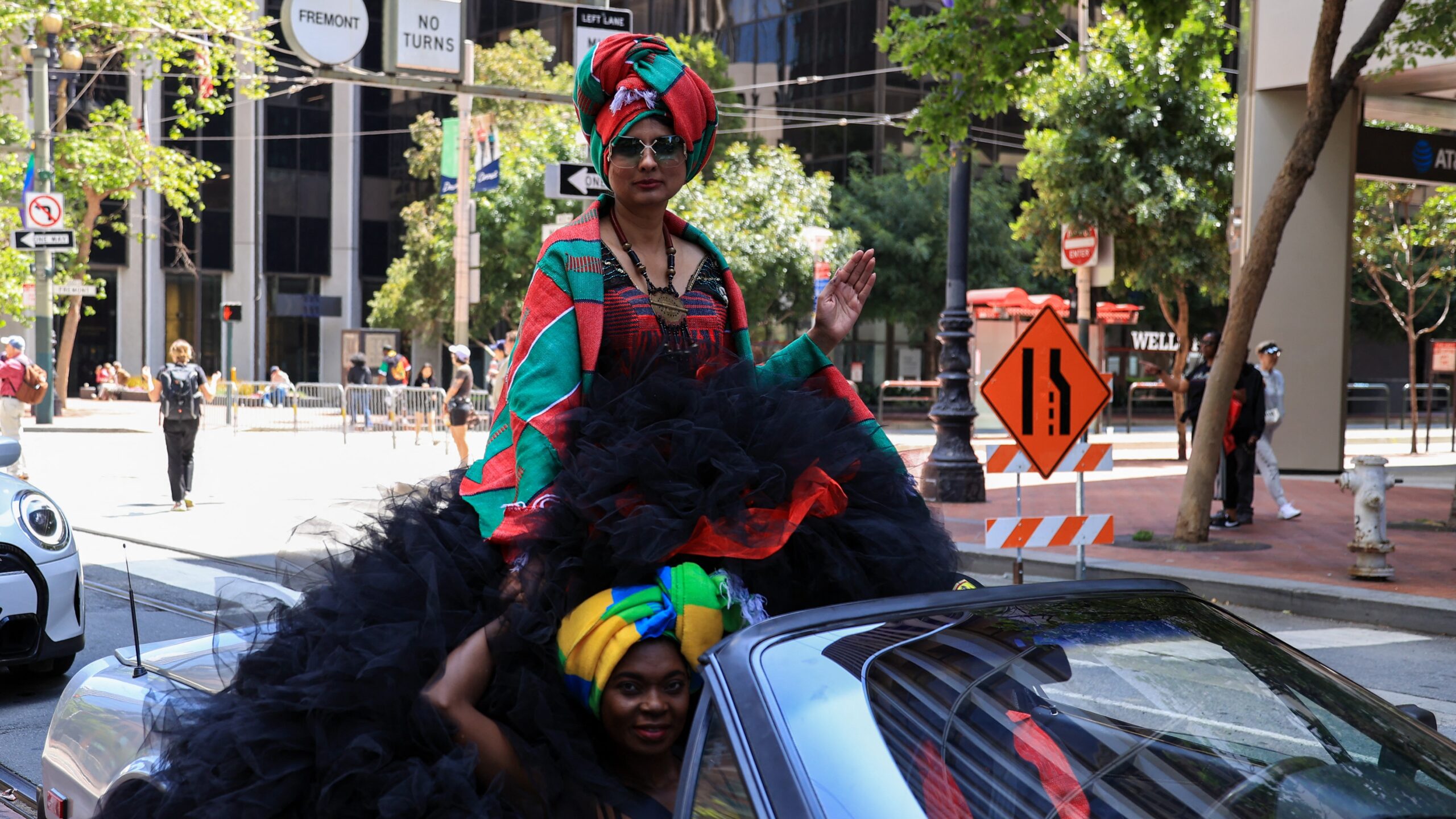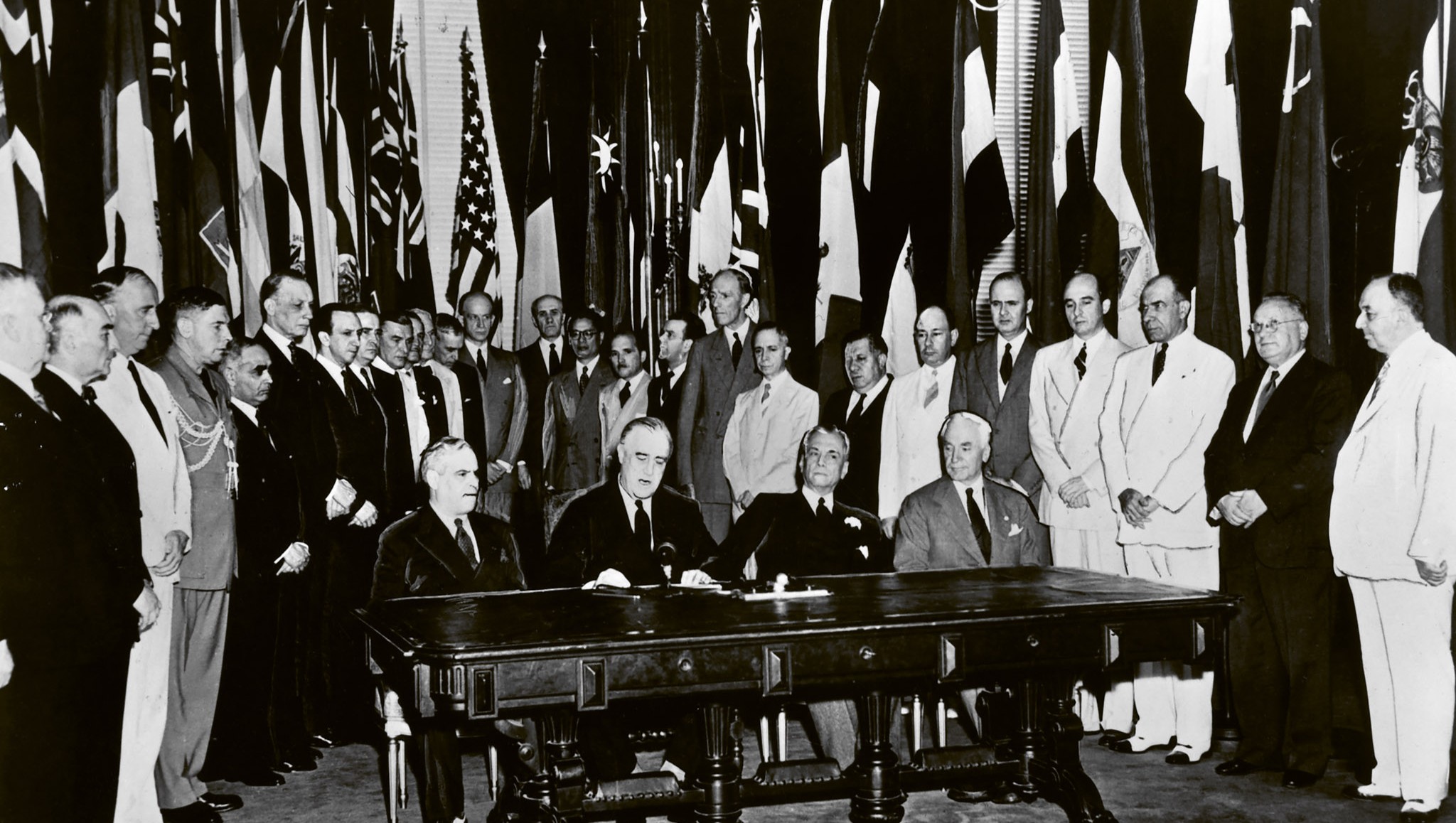
Pax Americana 2.0? Discussion at Tusványos 2025
At a panel discussion at Tusványos 2025, Hungarian MP Zsolt Németh shared his hopes on how the second Trump administration could bring about ‘Pax Americana 2.0’. This and other important questions were discussed by him, Carlos Roa, Botond Csoma, and Zsolt Szilágyi.

